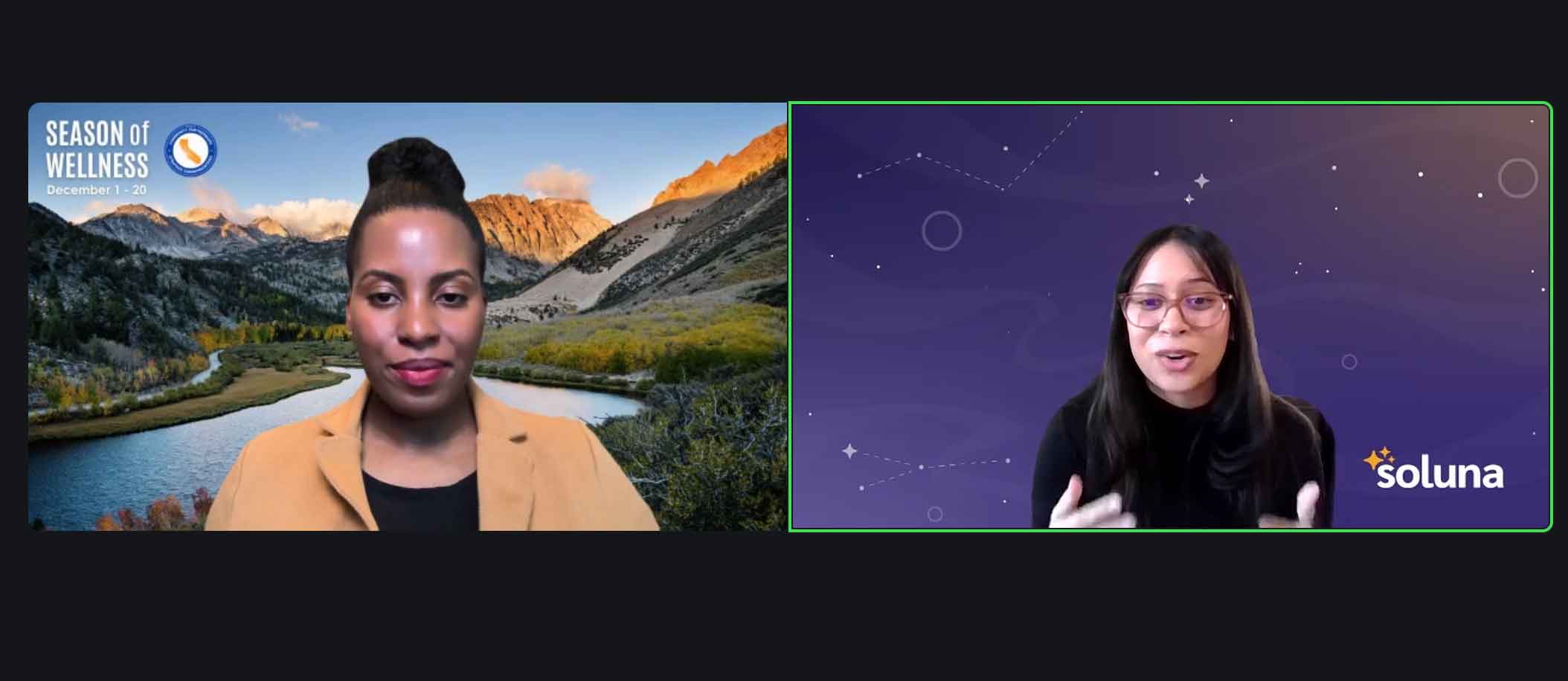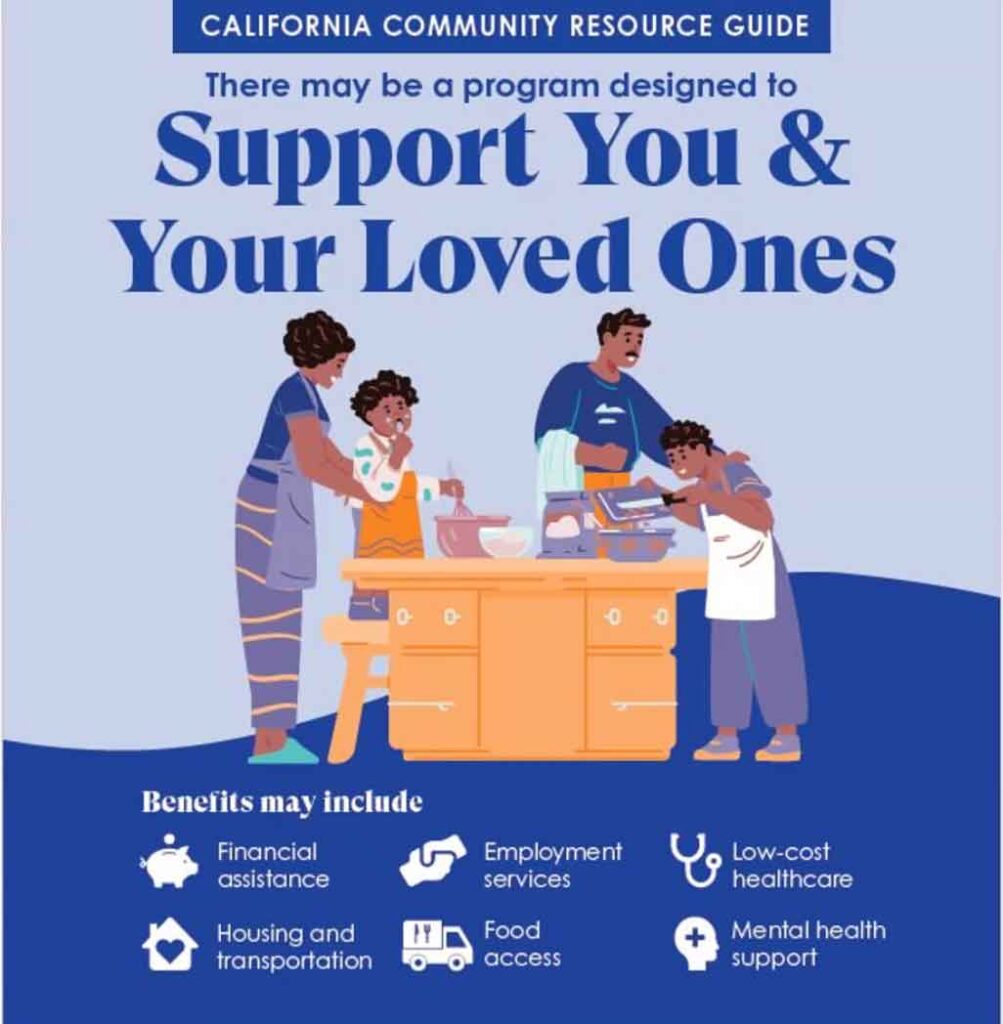California Expands Mental Health Resources for Youth with New Digital Tools
California is taking bold steps to address the rising mental health challenges facing its youth. In a recent briefing, experts gathered to discuss the state’s $4 billion Children and Youth Behavioral Health Initiative, which aims to provide accessible, comprehensive mental health support to young people across the state. Autumn Boylan, Deputy Director at the California Department of Health Care Services, highlighted the initiative’s focus on increasing equity and access to care, particularly for underserved communities.

Kathleen Untalan
OGNSC Staff
California is taking bold steps to address the rising mental health challenges facing its youth. In a recent briefing, experts gathered to discuss the state’s $4 billion Children and Youth Behavioral Health Initiative, which aims to provide accessible, comprehensive mental health support to young people across the state. Autumn Boylan, Deputy Director at the California Department of Health Care Services, highlighted the initiative’s focus on increasing equity and access to care, particularly for underserved communities.
Between 2019 and 2021, one-third of California’s youth faced significant mental health challenges, including higher rates of depression, anxiety, and emotional distress. In response, the initiative has rolled out several innovative tools, including two free mobile apps, Bright Life Kids (for ages 0-12) and Saluna (for ages 13-25). These apps offer a range of services, from live coaching and peer support to guided self-help activities, empowering users to take control of their mental health.

Both apps are designed to address the emotional needs of young people by offering personalized support. Saluna, for example, matches users with certified peer coaches who share similar lived experiences, offering a supportive, relatable environment for youth to explore mental health strategies. Coaches like Brando from Bright Life Kids and Yasmin from Saluna shared firsthand insights into the importance of mindfulness and emotional awareness in managing mental health challenges. Brando encouraged families to practice “being the surfer” as a way to manage overwhelming emotions, while Yasmin spoke about how Saluna fosters peer connections and offers resources like journaling and breathing exercises.
Community-based organizations are already seeing the impact of these tools. ELO from Hmong Youth and Parents United shared that the apps have been particularly beneficial in addressing the growing mental health needs of students, especially during times when school counselors are unavailable. Moa Kim from the Koreatown Youth Community Center highlighted how Saluna was able to help a family bridge cultural and emotional divides, illustrating the platform’s role in addressing both mental and social well-being.
One of the standout features of both apps is their ability to connect users with local resources. The “Find Help” feature allows users to locate mental health services, food assistance, housing support, and other community programs by simply entering their zip code. This ensures that young people and families can access the support they need in real-time.
As the initiative continues to grow, Saluna and Bright Life are becoming critical components of California’s mental health infrastructure. The apps are helping to ease the burden on schools and mental health professionals, offering a complementary layer of support outside traditional clinical settings. With funding secured until 2027, these tools are set to play an ongoing role in providing essential mental health services, especially during times of crisis.
In conclusion, California’s innovative approach to mental health care, exemplified by the Saluna and Bright Life apps, is helping to create a healthier, more resilient generation. These accessible, free resources are offering young people the tools they need to navigate the complexities of life, empowering them to thrive emotionally, mentally, and socially.









